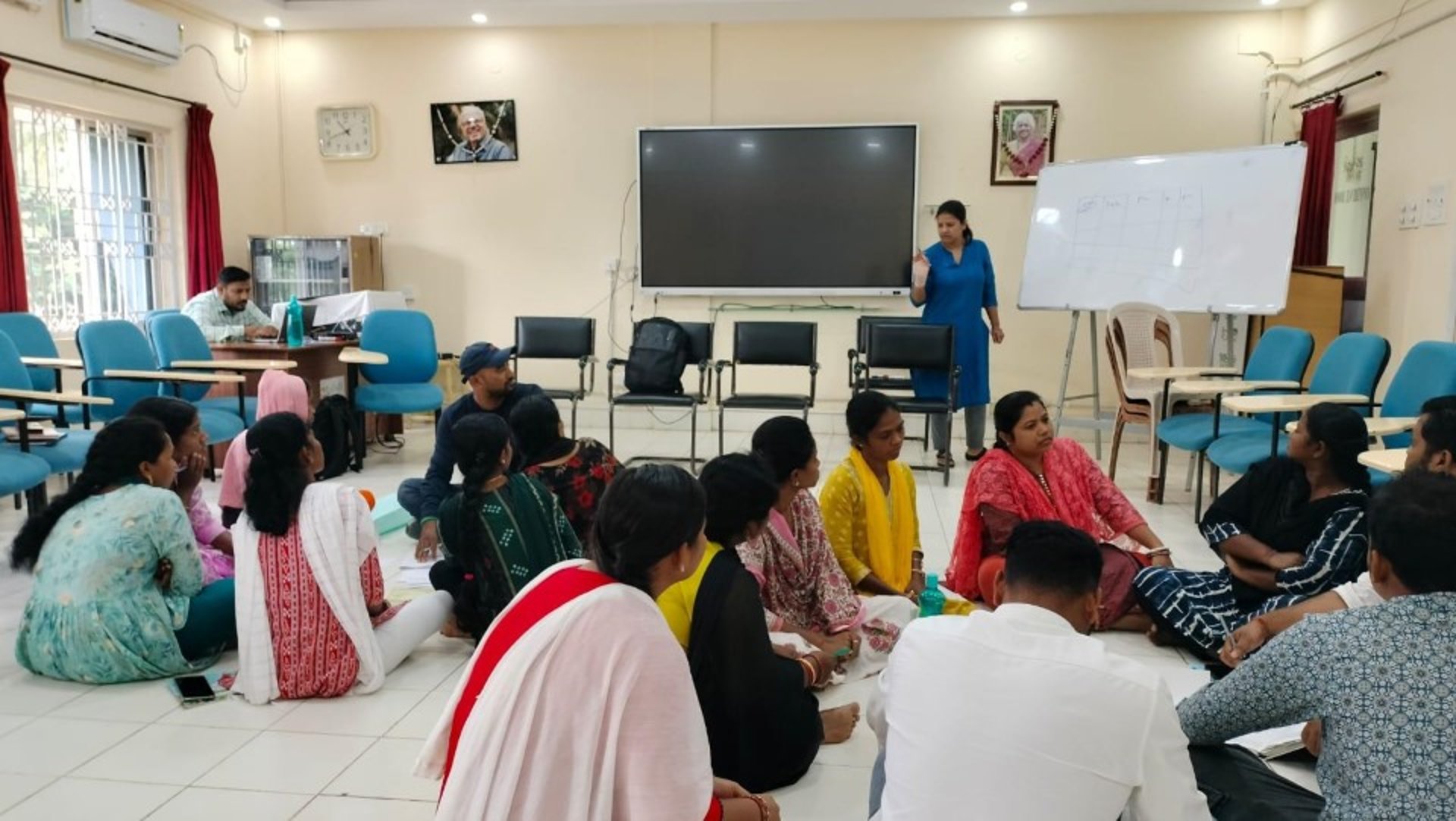
04.08.25
Regional Planning Workshops for Women-led Forest-Based Community Enterprises in Odisha
IoFE team conducted two intensive regional planning workshops in August 2025 to strengthen women-led forest-based community enterprises across six districts of Odisha. These workshops brought together District Coordinators and interns to develop strategic action plans, deepen understanding of legal frameworks, and align operational approaches for sustainable forest economy development.
Workshop Details
The first workshop was held in Jeypore, Koraput, on July 31st and August 1st, bringing together teams working in Malkangiri, Koraput, Nabarangpur, and Rayagada districts. The second workshop took place in Bhubaneswar on August 7th and 8th, focusing on the teams from Mayurbhanj and Keonjhar districts in North Odisha.
A core component of both workshops involved deepening the team's understanding of the constitutional and legal frameworks that govern forest rights and community participation. Sessions covered the 5th Schedule of the Indian Constitution, the Panchayats (Extension to Scheduled Areas) Act (PESA), the Forest Rights Act (FRA), and the formation of Community Forest Resource Management Committees (CFRMCs).
Participants explored how these laws are implemented in Odisha's context and identified key rights that field teams must understand while conducting community engagement, supporting company expansion, and facilitating sales activities. This legal literacy is essential for ensuring that community enterprises operate within empowering frameworks that protect tribal and forest-dwelling communities' rights.
Balancing Sustainability and Market Forces
The workshops emphasized the critical importance of understanding the complex relationship between ecological sustainability and market dynamics in the forest economy. All field operations from harvest planning to sales strategies must navigate this delicate balance to ensure that short-term economic gains don't compromise long-term forest health and community wellbeing.
The group discussed practical approaches to mindful planning that respect forest regeneration cycles, seasonal availability of forest products, and sustainable harvesting practices while meeting market demands and ensuring fair returns for communities.
Learning from Recent Sales Experiences
District Coordinators and interns conducted detailed debriefs on the recent sal seed and karanj seed sales cycles. These sessions provided valuable insights into operational challenges, logistical issues, cash flow management, and documentation requirements. Teams shared field experiences, problem-solving approaches, and lessons learned that will inform future sales cycles.
The discussions covered the entire value chain—from collection and aggregation to quality control, storage, transportation, and final sales—identifying bottlenecks and opportunities for improvement at each stage.
District-Wise Strategic Planning
A significant portion of the workshops was dedicated to district-specific planning sessions, where teams developed comprehensive six-month action plans tailored to their local contexts. Each district team presented its strategies, setting clear timelines for three priority areas:
1. Formalization and Governance: Teams outlined plans for strengthening the institutional foundations of Producer Companies (PCs), including conducting Annual General Meetings to ensure democratic participation and transparency. For all PCs that completed sal or karanj seed sales, internal audits are scheduled for September to ensure proper financial management and accountability.
The formalization process also includes completing registration procedures for 15 additional Producer Companies that are in various stages of establishment, along with obtaining GST registration to enable these enterprises to operate in formal markets and access better pricing opportunities.
2. Shareholder Expansion and Community Mobilization: Recognizing that the strength of community enterprises lies in broad-based participation, teams developed strategies to expand shareholder membership across their operational areas. This involves identifying Gram Panchayats that require focused attention and where awareness about Producer Companies needs strengthening.
A key innovation discussed was the development of culturally appropriate communication strategies. Rather than relying solely on formal meetings, teams plan to leverage local traditions and community gatherings—such as parabs (traditional festivals)—to share information about the benefits of joining Producer Companies. This approach recognizes that effective communication must be rooted in local cultural contexts.
Teams also prepared standardized yet adaptable briefing materials to ensure that new shareholders clearly understand their rights, responsibilities, and the potential benefits of membership during onboarding meetings.
3. Preparation for the Next Sales Cycle: Looking ahead to the upcoming harvest season, teams developed comprehensive plans for mapping where specific forest products (SFPs) are available across different Gram Panchayats. This mapping exercise will identify collection zones, assess infrastructure needs, and plan logistics well in advance.
Key infrastructure considerations include identifying suitable storage areas that protect product quality, ensuring availability of weighing machines for accurate measurement, assessing labor availability during peak collection periods, and establishing connections with reliable aggregators, local markets, and traders who can offer fair prices.
Coordinated Six-Month Action Plan
Following the regional workshops, a consolidation meeting was held to integrate all district plans into a coordinated six-month roadmap. This comprehensive action plan establishes clear targets, realistic timelines, and measurable progress indicators for all six districts. The coordinated approach ensures that while each district addresses its unique context and challenges, all teams are working toward common goals of strengthening forest-based livelihoods and ensuring economic security for tribal and forest-dwelling communities.
The six-month action plan emerging from these workshops will guide field operations across Malkangiri, Koraput, Nabarangpur, Rayagada, Mayurbhanj, and Keonjhar districts, touching the lives of hundreds of women shareholders and their families who depend on forest resources for their livelihoods.
